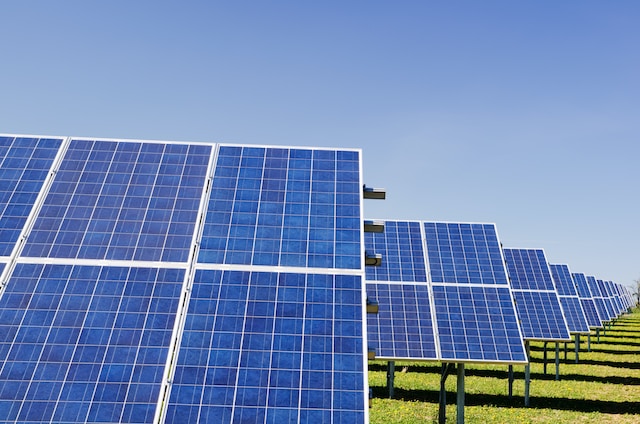
How to Change Your Home Over to Solar Power
Solar power has gained major recognition among homeowners, especially as the price of electricity continues to rise and awareness around clean energy grows. But despite its popularity, many homeowners may be reluctant to pursue solar energy because they’re not sure how it works or what it entails. Have you thought about adding solar panels to your home but need more information before you make the shift? If so, let’s take a closer look at how to change your home over to solar power and why you might wish to do so.
The Benefits of Switching to Solar Power
Most homeowners are aware of solar panels, regardless of whether they’ve been conducting personal research or they’ve received offers to get them installed on their home. But you might be asking, what do I stand to gain by switching to solar? Here are some of the key benefits of solar panels that might inform your decision.
- Solar power can help you reduce your electric bills, which is especially appealing if you live in a state where rates have increased and you have dramatic weather across all seasons. Better yet, solar panels are affordable. There are programs and tax incentives to help you save when you decide to install them.
- When other homes lose power during an outage, you’ll have the power you need to go about your daily life undisturbed.
- Adding solar panels to your home can increase your property value, which can be helpful if you plan on selling in the future.
- Most assume that solar panels might not work everywhere. However, they work across all climates. As long as you get sunshine, these durable panels will provide you with electricity.
How to Make the Switch to Solar Power
So, you’ve decided that solar power is right for you. What’s next? The process, while sometimes lengthy, is actually quite straightforward. Here’s a breakdown of the next steps you need to take to install solar panels in your home.
- Assess your current energy uses and create a plan of action to be more energy efficient so your solar energy can go the extra mile.
- Evaluate your solar potential and identify any problem areas that need to be fixed now before you move ahead with the installation.
- Consider the different types of solar options, including community solar or even solar leases.
- Estimate how much electricity you will need so you get the right system for your needs.
- Reach out to contractors to get assessments and bids. This will help you anticipate costs and budget for the project ahead.
- See what type of financing options and incentives are available to you. Switching to solar can save you money in more ways than one.
- Let your installer take care of the rest once you’ve done the above.
Solar energy can be a great solution to rising electricity costs and other power troubles in the home. If you’re thinking of switching to solar power, the guide above will provide you with everything you need to understand solar and navigate the process of changing your home over to solar power.